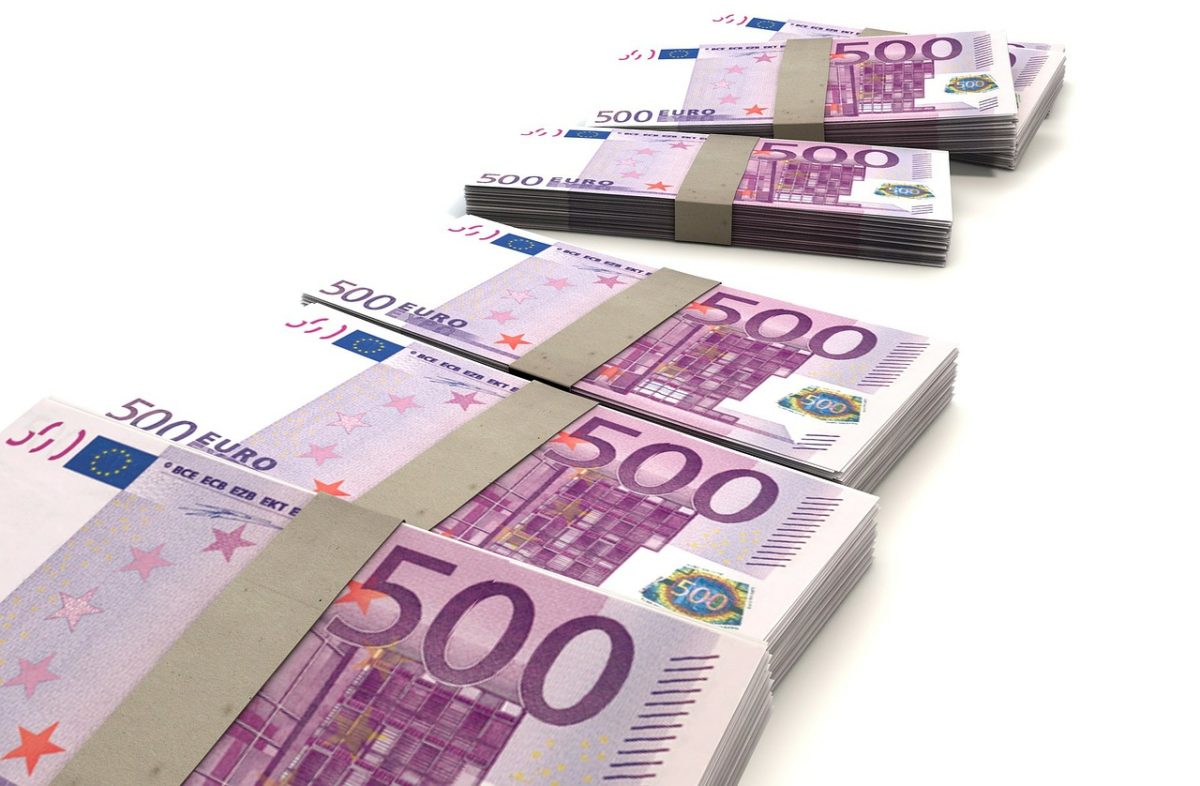The global energy sector is undergoing fundamental changes due to the Covid-19 pandemic, and with the industry that emerges from the crisis “significantly different from the one that came before,” prospects for solar look good, according to a study by the International Energy Agency (IEA).
However, warned the IEA in its World Energy Investment 2020 report, the impact of the coronavirus crisis is dramatically affecting energy investment, with small scale solar in Europe among the segments suffering from a lack of consumer confidence amid fears of a looming global depression.
While investment in solar has declined, though, the technology’s inherent advantages are likely to make it a solid choice for investors going forward, according to the intergovernmental body.
Energy investment is expected to fall by a fifth this year, due to the public health crisis, the IEA has predicted.
Solar troubles
“The speed and scale of the fall in energy investment activity in the first half of 2020 is without precedent,” stated the Paris-based organization. “Many companies reined in spending; project workers have been confined to their homes; planned investments have been delayed, deferred or shelved; and supply chains interrupted.”
The study noted China remains the largest market for investment and is still a major determinant of global trends. An estimated 12% decline in Chinese energy spending this year may be offset by the early restart of industrial activity after lockdown measures were imposed in the first quarter, said the IEA. The United States saw a larger fall in energy investment, of more than 25%, due to its greater exposure to the oil and gas markets – around half of U.S. energy investments are related to fossil fuel supply. Europe has witnessed an estimated decline of around 17%, according to the study, with investment in electric grids, wind power and energy efficiency holding up better than distributed solar and oil and gas, which all saw steep falls.
Final investment decisions for new utility scale renewables projects worldwide slowed in the first quarter to fall back to 2017 levels.
Tech
Popular content
Questions remain about the shape of the post-crisis energy sector, including its financial strength, strategic orientation and appetite for risk. One key indicator will be the amount of capital invested in clean energy technologies, an annual figure which has remained stable in recent years at around $600 billion, the IEA said. A steady increase in deployment of solar and wind power and electric vehicles has led to unit cost reductions, the report noted.
A focus on value and quick delivery, as well as environmental gains, could benefit renewables, which are not only among the cheapest options for new generation but also have relatively short investment cycles, the IEA pointed out.
“These investments also make good sense for financial investors: new joint analysis with Imperial College London shows that renewable power companies in advanced economies have delivered higher equity returns over the past decade than those in fossil fuel supply, and weathered the storm in 2020 better as well,” stated the report.
Changing picture
The tectonic changes in the energy sector expected this year continue trends seen last year, which demonstrated the globalization of venture capital (VC) investment in energy technology, with corporate and financial investors alike seeking opportunities to back leading start-ups.
Early-stage VC funding last year was spread across more technology areas than in previous years, the IEA found. While low-carbon transport – mostly electric vehicles and charging infrastructure – accounted for 35% of such investment, that share was much lower than in previous years. Investment in other sectors grew significantly, notably solar, energy storage, hydrogen, fuel cells and bioenergy. Those new areas of investment largely offset the $1.5 billion decline in transport funding.
Notable start-up deals announced last year included Norwegian energy group Equinor’s major investments in Dubai-based solar company Yellow Door Energy and in U.K.-based perovskite start-up Oxford PV.
Total VC spending on solar reached $400 million last year, up from around $200 million in 2018 and the highest level recorded since the $600 million invested in 2011.
Green finance
Throughout this quarter, pv magazine is diving deep into the topic of green finance and what it means for solar industry players, as a part of our UP sustainability initiative. Topics will include the European Green Deal, regional growth opportunities, green bonds and the role of the carbon bubble. Stay tuned and get involved!
This content is protected by copyright and may not be reused. If you want to cooperate with us and would like to reuse some of our content, please contact: editors@pv-magazine.com.


By submitting this form you agree to pv magazine using your data for the purposes of publishing your comment.
Your personal data will only be disclosed or otherwise transmitted to third parties for the purposes of spam filtering or if this is necessary for technical maintenance of the website. Any other transfer to third parties will not take place unless this is justified on the basis of applicable data protection regulations or if pv magazine is legally obliged to do so.
You may revoke this consent at any time with effect for the future, in which case your personal data will be deleted immediately. Otherwise, your data will be deleted if pv magazine has processed your request or the purpose of data storage is fulfilled.
Further information on data privacy can be found in our Data Protection Policy.